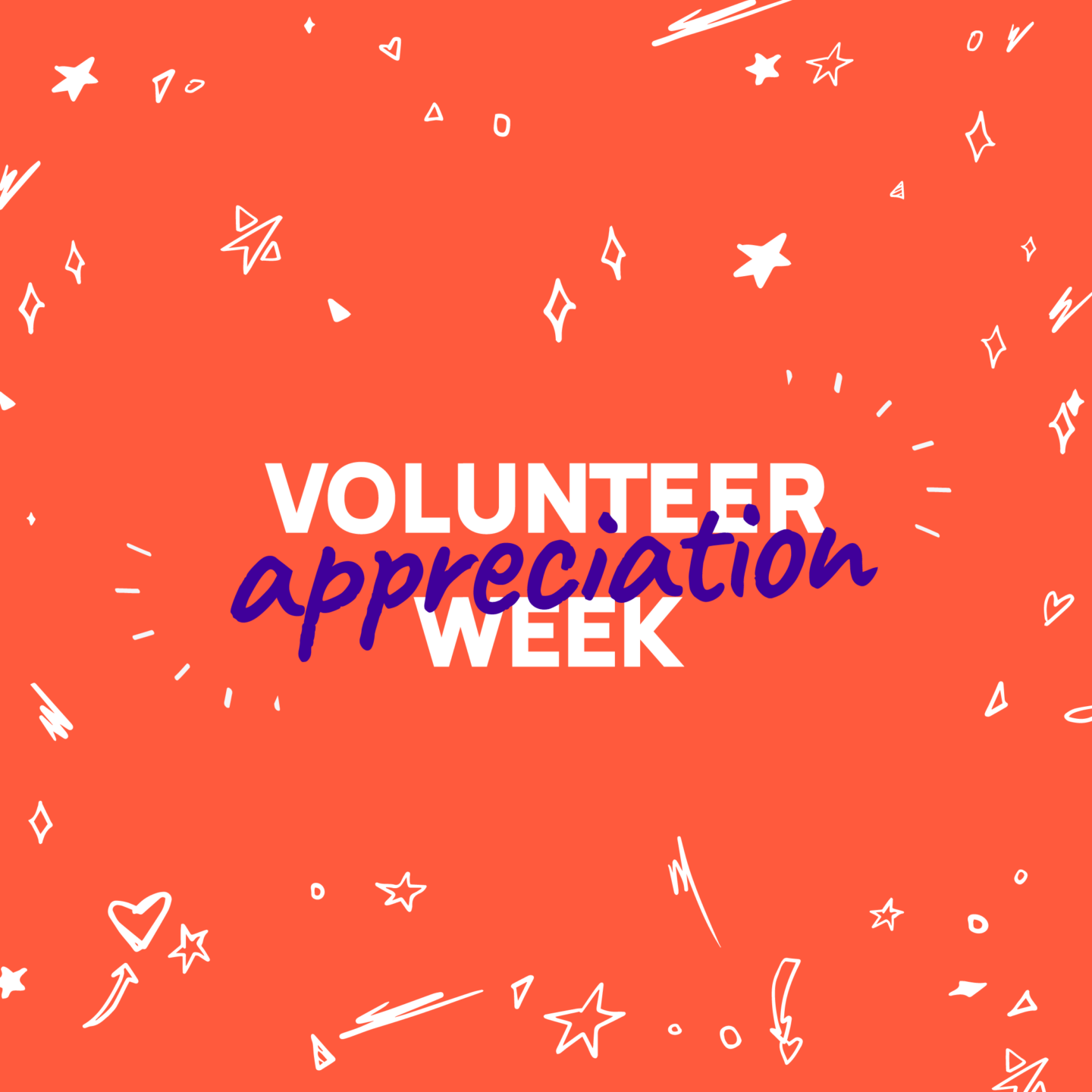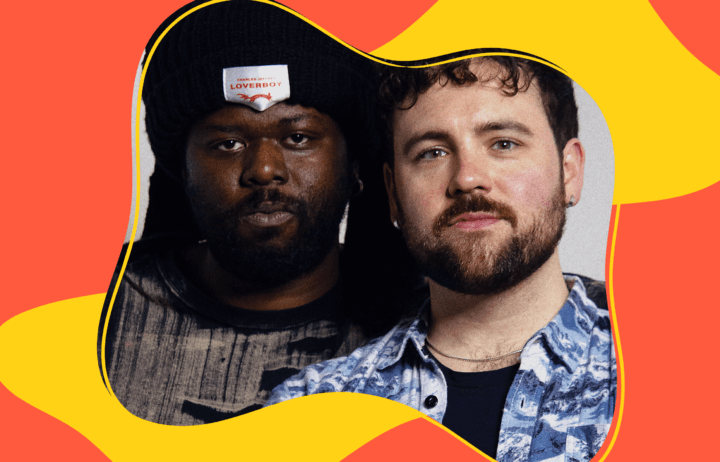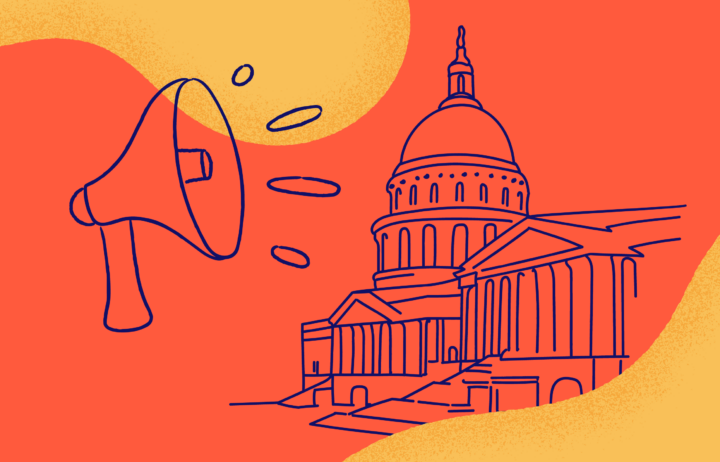The Trevor Project’s community of volunteers is essential to our mission of creating a brighter future for LGBTQ young people. To celebrate Volunteer Appreciation Week, we reached out to two of our longest-serving volunteers, Barry and Kent, and Pax from our Volunteer Recruitment team, to talk about the importance of volunteers, their life-saving impact, and how much we at Trevor appreciate their work.
Kent and Barry (he/him) are married, live in Manhattan, and come from large, loving families. In addition to volunteering at Trevor, they enjoy seeing friends and family, being in NYC, and traveling (especially to New Zealand where Barry is from).
What brought you to volunteer at Trevor?
Barry: I have a strong sense of community and the role we each have to play in forming and supporting it. This, along with the feeling that I’ve been fortunate in my life, has made volunteering and giving back important to me. The work at Trevor has been a great opportunity to serve and help others in a way where I felt I could meaningfully contribute.
Kent: I called The Trevor Project during a difficult period in my life and found out first-hand how important the service that it provides is. The LGBTQ+ community means a lot to me, and I wanted to do something hands-on to help others. As I got to know Barry, his volunteering with Trevor inspired me, and I decided to follow in his footsteps.
How long have you been volunteering at Trevor? What has the journey been like?
Barry: I started at Trevor having previously volunteered on a crisis line in Toronto, Canada. I’ve now volunteered at Trevor for 12 years, and only recently decided to retire from the line. Part of the attraction for me was that it can be very challenging. And, without a doubt, I have grown from the experience. I would consider my time at Trevor to be one of the most enriching experiences of my life.
Kent: I have now volunteered at Trevor for six years, and it’s been challenging for me as well. I don’t think volunteering at Trevor came as readily for me as it did for Barry. He’s a real natural, whereas I’ve had to really work at it. But I’ve learned so much and am now a better listener both on the line and off. The skills I’ve learned at Trevor have allowed me to have important conversations with other people in my life, in a way I wouldn’t have been able to otherwise.
What gives you hope about the work?
Barry: I believe there’s always hope. And if there’s hope, there’s a chance — no matter how small — for things to get better. If there’s no hope, then what’s left? The basic human need for hope, I think, is what gives me hope about the work at Trevor. Part of what we do at Trevor is help people see that they have hope, in some shape or form, in their lives.
Kent: I’ve learned what can be achieved by simply listening to and understanding other people. That alone can make a difference in someone’s life, even if it just helps them get through today. That’s reason enough for hope.
Is there a story you remember from volunteering?
Barry: I remember one young person who wanted to end their life on their next birthday – they had it fully planned. During the call they did a full 180 degree turn and, by the end of the call, they were in tears and were powerfully advocating for hope and life. It was a reminder to me that it’s possible to make a real difference at Trevor, one person at a time.
What does volunteering as a couple look like? What is it like to have that support?
Kent: It’s a beautiful interest to share. We actually used to schedule our shifts together so we could decompress together afterwards). The nature of the work can be hard for others to truly understand if they aren’t involved themselves. So we’ve been lucky to have each other to lean on when we need it. We’ve also seen that the skills we’ve developed at Trevor have contributed to strengthening our relationship.
What would you say to someone who is thinking about volunteering?
Barry: It’s a tremendous opportunity to help others and make a difference in their lives, as well as for you to learn and grow. But you have to be kind and fair to yourself because it can be challenging. The calls can require you to keep a cool head and navigate some difficult and sensitive matters. It’s important to develop ways to not second guess yourself too much and to be able to move on when the call is completed. The training and support that is provided can really help you with this.
In the current political climate, why is volunteering at Trevor so important now?Kent: The increasing call volumes at Trevor make it clear that the need is large and growing. Whenever there is fear and vulnerability, there is a need for listening and compassion. The Trevor Project will always provide that.
Pax Carberry (they/them) is a Volunteer Recruiter at The Trevor Project, the leading suicide prevention and mental health organization for lesbian, gay, bisexual, transgender, queer & questioning (LGBTQ) young people.
Why are volunteers so important?
Pax: Volunteers are really the backbone of what we do here at Trevor, and frankly, our work would not be possible without them. These folks have generously donated their time and emotional labor to hold space for LGBTQ young people. It can be easy for those in the community to feel isolated, confused, or forgotten. Our own research shows that having just one accepting adult in their life can lower an LGBTQ young person’s risk of suicide by 40%. Our volunteers can often fill that role for a young person, if only for the duration of a phone call or chat, and in that way, have a very real impact on the safety and well-being of the young people we serve.
Is there a story about a volunteer that you remember? Is there someone who really impacted you?
Pax: I have been touched by so many of the stories shared by volunteers in their applications, and have had the privilege of getting to interview so many wonderful people. Any time folks express that Trevor has helped them or a loved one through a difficult time in the past and they are now hoping to pay that kindness forward, it reminds me of what makes our volunteers so special. It takes tremendous compassion to do this work, and volunteers show up with that every day.
What would you say to someone who is thinking of becoming a volunteer?
Pax: This work can be very challenging, and may not be right for everyone. That said, the impact our volunteers have on our service cannot be overstated. Just one volunteer can help support more than 160 young people who otherwise would not have been supported.
What brings you to this work?
Pax: When I was younger, I did not see a future for myself. Now, doing this work with and for my community, I try to be someone that my younger self would feel safe with and seen by. I came to Trevor because I believe wholeheartedly in our mission to end suicide among LGBTQ young people by creating a world in which all LGBTQ young people see a bright future for themselves. I’m proud of and grateful for the work that I’m able to do with volunteers in service of that mission.
In the current political climate, why is volunteering for the Trevor Project so important now?Pax: During this tumultuous political moment, it has felt like a constant battle for the rights of the LGBTQ community and the young people with it. Our volunteers can reach out a hand to those who are fighting with all their might, and sit with those who feel they cannot fight any longer. In this moment, the courage of our volunteers to be with LGBTQ young people in moments of darkness and doubt is such an important and necessary act of kindness.


